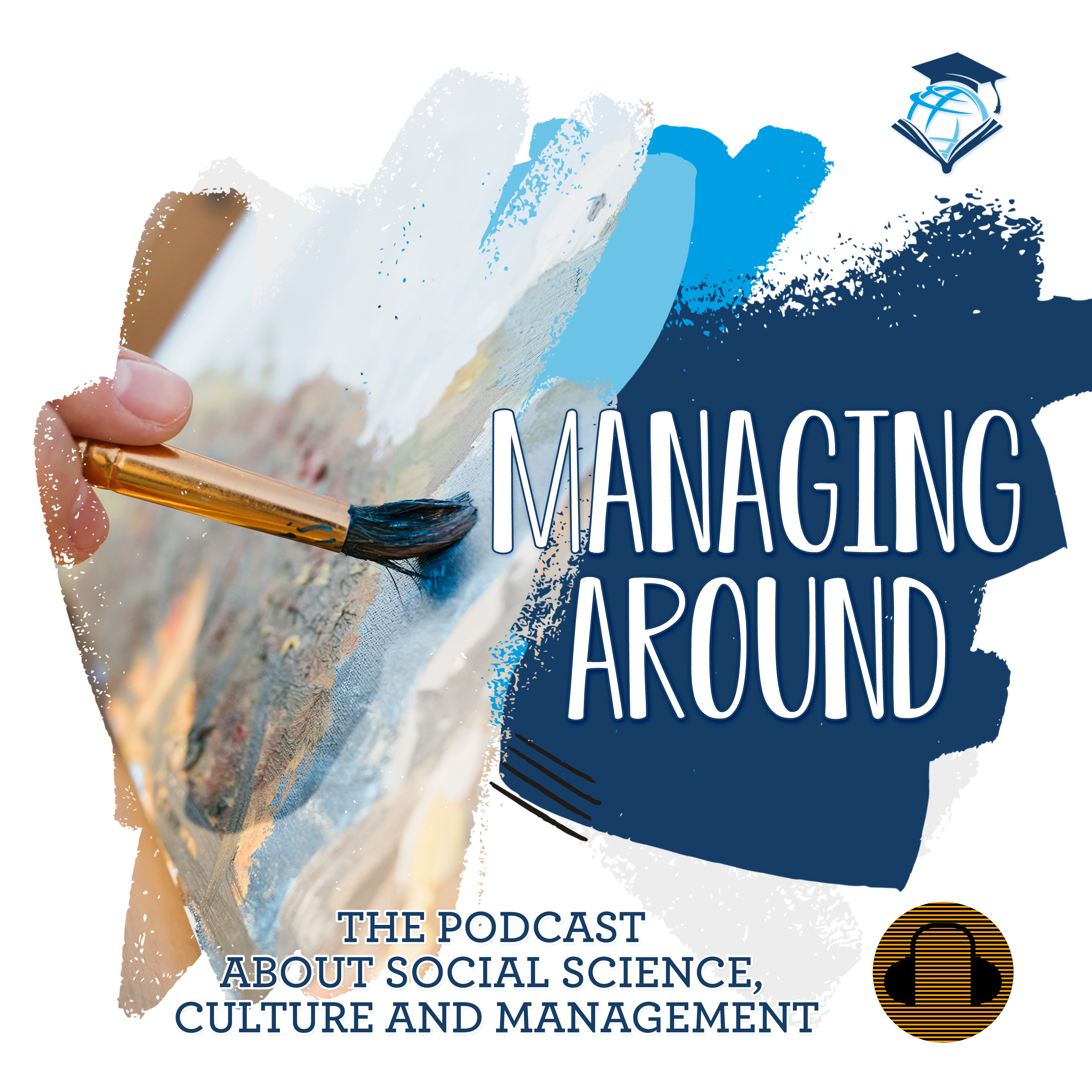Today, we dive into how these concepts are revolutionising the way we think about and manage social work, transforming challenges into innovative solutions.
Have you ever wondered what separates the best from the rest in the world of management? What if I told you there's a secret tool that has transformed how we understand leadership, innovation, and organisational development? – The magic is simply the Critical Incident Technique or CIT.
We are drawing inspiration from Paul Bate's seminal work, "Strategies for Cultural Change," in which he challenges traditional views of organisational culture.
In today's insightful episode of Managing Around, we delve into an innovative Design-based Research project conducted at the University of Applied Sciences in Dresden.
In today’s episode, I will introduce you to the field of entrepreneurship learning and education research that is primarily concerned with analyzing and reflecting on the process, conditions, contexts, and results of learning and teaching during entrepreneurial activities.
In this episode, I will review and share with you a recent reading of Otto Scharmers' book ‘The Essentials of Theory U’ (2018).
Today, I will continue with an explanation of the fundamental Adaptive Leadership principles and the adaptive work itself, assess the strengths and weaknesses of this leadership model, and end with few implications for social work organisations.
In today's episode, we will conclude our discussion with a journey through the functions of the welfare state, the difference between solidarity and empathy, and we will conclude with an outlook to the question of what the book tells us about the current situation and our common future.
In the preparation to my Social Policy lecture in our study program Social Pedagogy and Management which dealt with the fundamentals and principles of the welfare state, I read with great interest the book titled...
